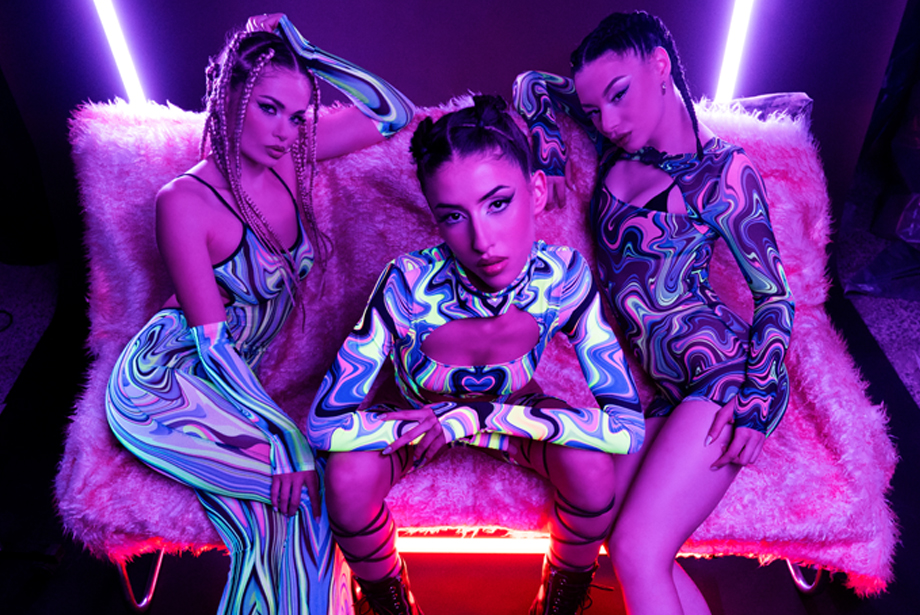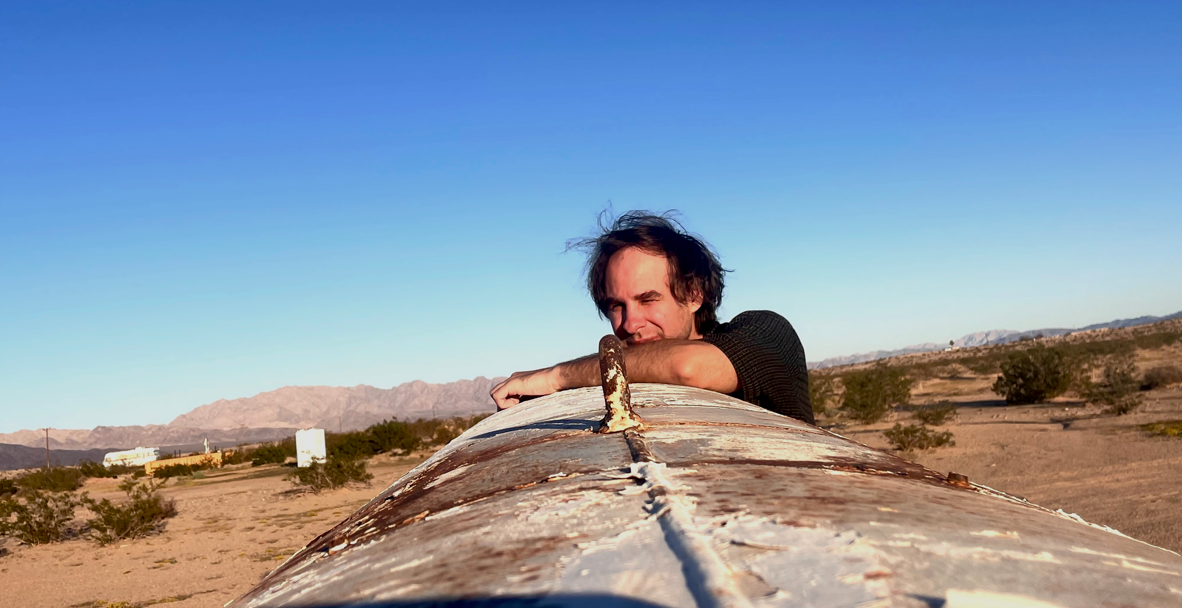CULTURE
From Baby Groot to Baby Yoda, Why Infantilized Characters Are Cultural Setbacks
18 Feb, 20

Screen grab from Mr. Peanut's 2020 Super Bowl commercial featuring Baby Nut
Planters 2020 Big Game Commercial
First, we were bewitched by Marvel’s Baby Groot in 2017, then Disney’s Baby Yoda became our new god in 2019, and during the 2020 Super Bowl we witnessed the sprouting of an infantile, talking legume: Planters Peanuts’ Baby Nut.
But do we want to adopt these infant forms of beloved cultural icons–or become them? Do they satiate our compulsion to parent or be parented, ourselves?
As a marketing tactic, advertisers have been using mascots as brand ambassadors since the advent of visual media. Decades of research have revealed that mascots boost sales and public image by humanizing a product and banking on the public’s emotional investment in the character. Samantha Hess, brand manager for Planters, said that the concept for Baby Nut was bizarrely inspired by Game of Thrones’ Jon Snow: “There is this renewed appreciation for these fictional characters after their death, and then they come back with a renewed sense of purpose to what they’re doing, which helps to set up something bigger and a little bit different.”
But recently we’ve amped up a worrisome trend that’s been tracked by nail-biting social scientists for decades: the infantilization of American consumers.
To start with, look at the last decade of unprecedented success for children’s and comic book movies. With every release we’ve asked, “Who is this for?” but masses have flocked to them, making superhero movies and remakes of Disney children’s classics the most profitable releases nearly every year; in 2019 alone, comic book and animated movies accounted for 9 of the 10 highest grossing films (and seven of the top 10 in both 2018 and 2017). For another, frankly more perplexing, example, remember a few years ago when adult women suddenly wanted to be mermaids? “I Am a Mermaid” merchandise was worn as if womanhood was one long, unedited Disney Channel movie. And with a spike in the popularity of tattoo chokers and emo music, the resurgence of ’90s pop culture was synced with millennials hitting adulthood hard and, apparently, experiencing crushing nostalgia for childhood.
But the trend goes back further. In his 2014 article “The Death of Adulthood in American Culture,” The New York Times‘ film critic A.O. Scott critiques film and TV of this millennium for demonstrating that “adulthood as we have known it has become conceptually untenable.” He asks, “Who or what killed adulthood? Was the death slow or sudden? Natural or violent? The work of one culprit or many? Justifiable homicide or coldblooded murder?” As a critic of the media landscape, he says he’s watched “over the last 15 years as the studios committed their vast financial and imaginative resources to the cultivation of franchises…that advance an essentially juvenile vision of the world. Comic-book movies, family-friendly animated adventures, tales of adolescent heroism and comedies of arrested development do not only make up the commercial center of 21st-century Hollywood. They are its artistic heart.”
Is this just art providing escapism, so business as usual? Not quite. Social theorist Jacopo Bernardini argues that one of the four primary reasons why infantilizing cultural artifacts appeal to the masses is because of the “nostalgia effect, trying to find stability in past experiences, because [an] adult already knows how it is to be a kid or a teenager” and, judging by 21th century media, nobody knows what being an “adult” even means anymore.
“I Don’t Wanna Grow Up: I’m a Toys R Us Kid”
So, what happened? Cultural rewinds are part of the natural cycle of fashion and style, but they’re also birthed from frustration and stagnation, be it economic or social. Bored social scientists have found that we, as a culture, are especially prone to indulge in nostalgia during times of transition, of upset and instability. So how has pop culture’s absorption of recent social, political, and economic turmoil resulted in the so-called “death of adulthood?” Or in the killing and rebirthing of classic pop characters?
Bernardini would attribute companies’ babifying of their icons to “the role of marketing in the infantilization of the postmodern adult.” For one thing, today’s media-saturated, Very Online world run by our robot overlords has not only rerouted our brains to work like mini-optimized search engines; it’s also encouraged our desires for immediate gratification, shortened attention spans, and emphasized impulsivity over practicality. In other words, we’re being socialized to stave off adulthood. In Simon Gottschalk’s book The Terminal Self, he argues that “our everyday interactions with these computer technologies have accelerated and normalized our culture’s infantile tendencies.”
In fact, the American National Academy of Sciences once suggested that modern teenage development doesn’t end until age 30, while the USA Society for Adolescent Health and Medicine has suggested that practical adulthood begins around 34 years old. What this translates to, in terms of our consumer habits, is a booming market targeting kidults, a term first used in The New York Times in 1985 to describe a biological adult whose lifestyle affords them the leisure and resources to indulge in the hobbies of childhood and exist in a protracted adolescence, whether that means occupying one’s time with cartoons and video games or drowning oneself in glitter and flip sequins. Bernadini describes a kidult as “an archetype of an encouraged regression, to facilitate the promotion of goods which are only apparently addressed to young people and children.” To companies, that means “kidults are a perfect target for the seller. They have a large number of desires and the real ability to make purchases,” adds social psychologist Maryna Dvorynk.
To put it that way sounds alternatingly condescending and banal, or even a little precious (after all, who doesn’t yearn for the innocence of childhood?). But Dvornyk questions the cultural impact of this kind of marketing on our collective psyche: “Media communication, and especially advertising, nowadays seems to promote a kind of collective regression: Needs should be satisfied immediately because it is imperative to take here and now everything that life, or rather the consumer’s society, promises to give us.” In terms of marketing and the insidious ways brands creep their tentacles into our collective psychology, Dvornyk adds, “Youthfulness–like beauty, success and money–becomes an object that is possible to own. In other words, youth, a biological condition, seems to have become a cultural definition.”
How the Kidult Became the Standard of the 21st Century
So, are we manipulated into buying goods and services that remind us of being a child in order to find reprieve from adult existential crises? Of course–look at how many crises today’s adults are facing and, consequently, how difficult the transition from childhood to adulthood has become these days. Current young adult Americans came of age during two recessions and a shrinking middle class, a “forever war” in the Middle East, climate change crisis, and the starkest political polarity since the Civil War. But without haranguing about sacrificial economics and the ravages of industrial society at the cost of individual identity (okay, a little bit of haranguing), it’s a mundane truth that scarcity is the god of invention. With millennials earning an average of 20% less than baby boomers (despite meeting expectations to earn a college degree and taking on their share of the nation’s $1.5 trillion student loan debt crisis), labor opportunities are becoming both harder to find and less concrete. We can work online from home but often with the trappings of the gig economy, so millennials have gained a reputation for job-hopping, with three times the number of millennials switching jobs each year than non-millennials. Of course, that’s largely due to today’s job market, which is uniquely unstable compared to when prior generations transitioned into adulthood. And that’s not to mention the entire work ethos of industrialized western society, which is dehumanizingly simple: You are what you do (for your paycheck).
Furthermore, it can seem like today’s youth live in abundance, with techy shortcuts to solve every problem and more options than they know what to do with. But that’s part of the problem; as Dvornyk notes, “Adulthood is being dangerously delayed by a generation who are overstimulated by a media-saturated society and overwhelmed by choice, which makes them unable to settle down, capable only of temporary alignments before they grasp onto the next bright opportunity.” In a culture obsessed with constant self-optimization and upgrades (down to the way millennials were parented to prioritize “optimizing” themselves, according to the critic Malcom Harris), society’s expectation to “correctly” enter adulthood is to streamline one’s education into a career–to do everything, achieve in all areas, and have it all. In reality, financial analysts note that “millennials have taken longer to launch their careers than previous generations, and some have failed to launch their careers altogether, while progress toward equity in education and the labor market has stalled.” So maybe millennials really are the worst for having invented Instagram and fostering in an age of selfies, FOMO, and “social media sites…shaped by infantile aesthetics and affects”—as some cultural analysts say—but it’s because we inherited an unstable social reality where “stable identities have become unmoored by free markets” (and also, admittedly, Instagram really did f*ck up everyone’s mental health).
So we turn to pop culture to ground ourselves, our shaky sense of selfhood and misfitted place in the world–or so say more bored social scientists who study our consumer habits in hopes to finally understand why we keep watching DCEU movies despite knowing they will always be terrible. Dvornyk critiques, “In our information-cluttered world media becomes the lifesaver and means to propagate values, trends and principles that comprise the symbolic universe of ethical choice.” She adds, “Such communications legitimize immaturity or childish behavior and promote youth lifestyle.” In pop culture, youth isn’t just a commodity; it’s a coveted identity.
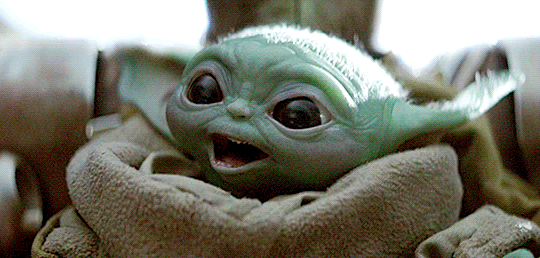
Enter baby mascots. As Dvornyk goes on to say, “The postmodern adult…chases the aesthetics and lifestyles of young people, lives in a state of continuous present, postpones or eludes those stages that used to mark the social recognition of maturity as well as the responsibilities and the preclusions involved.” Traditional models of social maturation mark parenthood as the final transition into adulthood. But as U.S. birth rates decline due to millennials opting not to have children, not being able to afford to have children, or waiting until later in life than prior generations, today’s culture suspends adulthood in a chrysalis stuck between carefree childhood and the responsibilities of child-rearing. The result is a generation of reluctant kidults who in many ways feel pressures of adulthood at younger ages while paradoxically being socialized by corporations and media to hide from adulthood behind performative youth: a cycle of palliative consumerism and nostalgia used to escape time. Putting Baby Nut aside, we love baby mascots who are designed without agency to speak for themselves (Baby Groot and Baby Yoda) and who fit into larger, cultural narratives (the superheroes or anti-hero on a quest to defend innocents). The ideal baby mascot is basically an avatar of our twin desires to nurture as well as be nurtured: We are all Baby Yoda; Baby Yoda is us. Or, as The Washington Post put it, “Baby Yoda is blank. And that means Baby Yoda, in a sense, is ours.”
“Synth Culture”: Is Baby Nut Fascist?
Unfortunately, the collective belief that “we are what we consume” is a lie, as most of “popular culture” is manufactured by a few corporations whose sole aim is to sell products. As psychologist Jim Taylor writes, “A more accurate phrase [than pop culture] is ‘synth culture’ because it is a synthetic product created by corporate conglomerates rather than being an expression of the shared experiences of real people.”
Are our beloved characters just cash cows and damningly cute idols of escapism and consumption? Actor and screenwriter Simon Pegg (Shaun of the Dead, Hot Fuzz, Star Trek Beyond) attributes this double appeal to the nefarious nature of capitalism, even citing French philosopher Jean Baudrillard to say: “Put simply, this is the idea that as a society, we are kept in a state of arrested development by dominant forces in order to keep us more pliant. We are made passionate about the things that occupied us as children as a means of drawing our attentions away from the things we really should be invested in: inequality, corruption, economic injustice, etc. It makes sense that when faced with the awfulness of the world, the harsh realities that surround us, our instinct is to seek comfort, and where else were the majority of us most comfortable than our youth?”
For proof, one need only to return to the creation of Baby Nut. Mike Pierantozzi, an ad executive at Planters’ agency VaynerMedia, shared that the idea for Mr. Peanut’s death was inspired by the virtual bloodbath at the conclusion of Avengers: Endgame. Pierantozzi told CNBC, “When Iron Man died, we saw an incredible reaction on Twitter and on social media. It’s such a strange phenomenon.” He added, “We did the unthinkable: We created […] an idea where Mr. Peanut dies and dies specifically sacrificing himself for his friends, which has always been a tenet of who he is and what he does — he always puts others first.” Despite being met by the Twitterverse’s collective “wtf that is a fascist legume,” Planters wasn’t playing around when they employed such blatant pathos to gain attention; Baby Nut merch was available just hours after its “birth” in the company’s Super Bowl commercial.
Did it work? Sort of. We certainly love to hate Baby Nut (for many right reasons, spanning from the transparency of such a manipulative cash grab at Baby Yoda’s popularity to the fact that “it’s all so dumb” and “shamelessly shilling Baby Nut merch”). But the marketing strategy Planters based its “hair-brained” scheme on is demonstratively effective, considering the astronomical demand for Baby Yoda merchandise, Baby Groot’s sizable role in Guardians of the Galaxy Vol. 2‘s success, and Baby Nut inspiring disturbing fan art and at least one manifesto to murder all brand mascots.
If our collective maturity as a culture—and, possibly, our civil liberties—are at stake, then what can we do? While some may be able to resist the pull of Baby Yoda’s large black eyes or Baby Groot’s happy little smile, the rest of us seem doomed until we either have children of our own or topple capitalism’s stronghold on American media. The least we can do is withhold our consumer power and abstain from buying a company’s babified products or streaming their babified content on their streaming apps (but do we have the willpower when Baby Groot dances? Oh, how he dances).
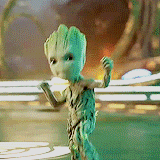
Corporate brands cultivating soulless personalities on Twitter is bad enough. Brands creating intricate backstories to superimpose narrative arcs onto their mascots is even worse (you know Mr. Clean was adopted and that he’s gay, right?). But because Grimes and Elon Musk are having a baby, because we can attend concerts of our favorite dead idols’ holograms, because future pop stars will be nothing but computer algorithms, and because our society’s cultural tastes are careening towards post-humanism—maybe the truth is that we just want to escape time and slip into the glossy alternate reality of ad space, where Gushers candy turns children’s heads into fruits and Lisa Frank’s technicolor tigers run free. Yes, Mr. Peanut–the 104-year-old gay cannibal and Planters mascot–has died and been reborn: We’re now living in a world with Baby Nut, Baby Groot, Baby Yoda, and soon, even Baby Sonic.
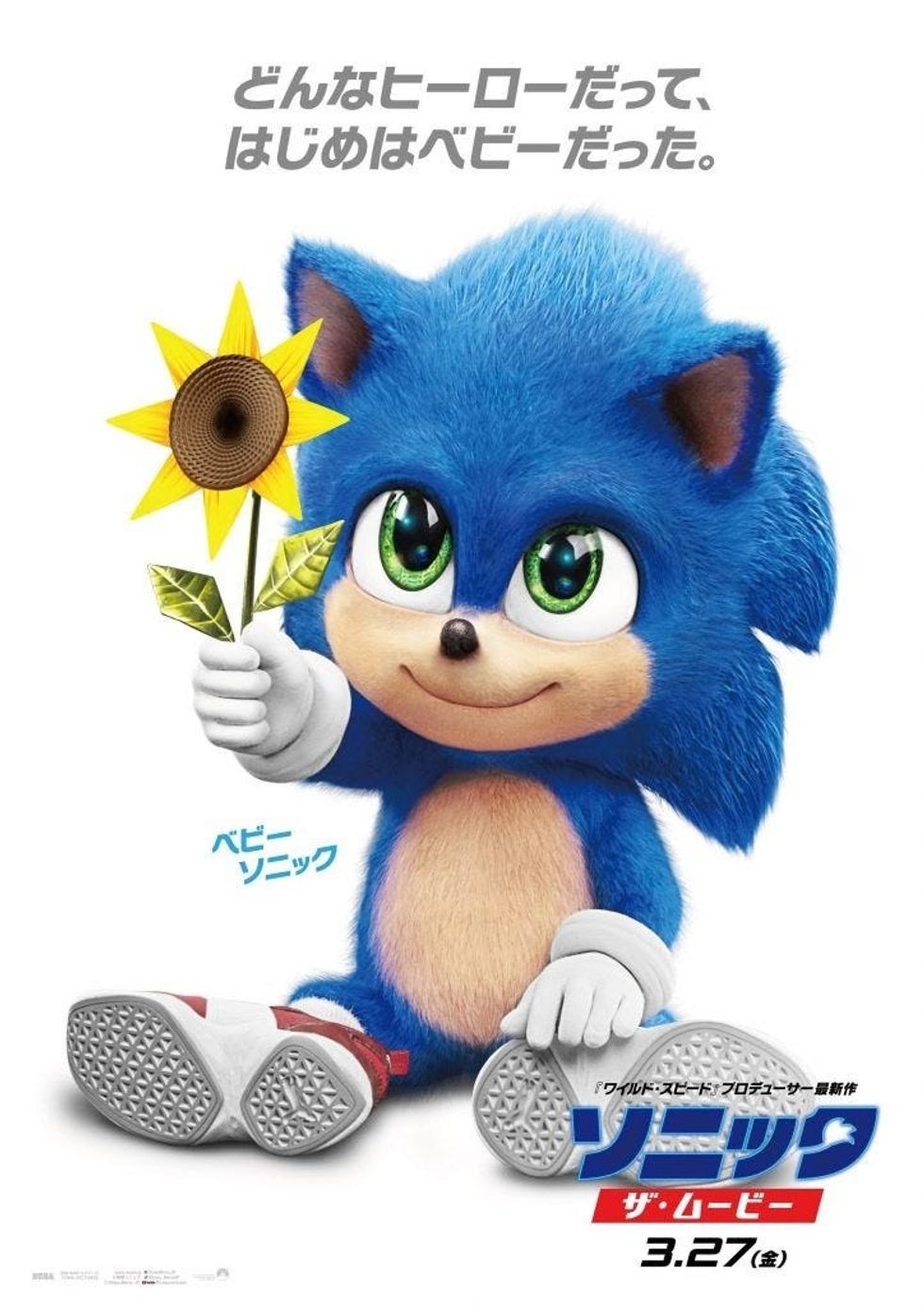
- Super Bowl Ad-pocalypse: Return to the Charmin Bears’ Assh*le … ›
- Why We Should Murder the Kool Aid Man: A Manifesto – Popdust ›
- Mr. Peanut Super Bowl commercial 2020: Introducing Baby Nut! – CNN ›
- James Gunn says Baby Groot is Groot’s son, but does that matter … ›
- The Real Reason Baby Groot Is the Key to Guardians of the Galaxy’s … ›
- Who (or what) is ‘Baby Yoda’ in The Mandalorian? Our wildest … ›
- Baby Yoda Is Your God Now – The New York Times ›
- What is Baby Yoda? | TechRadar ›
- Baby Yoda Has Conquered the World | Vanity Fair ›







